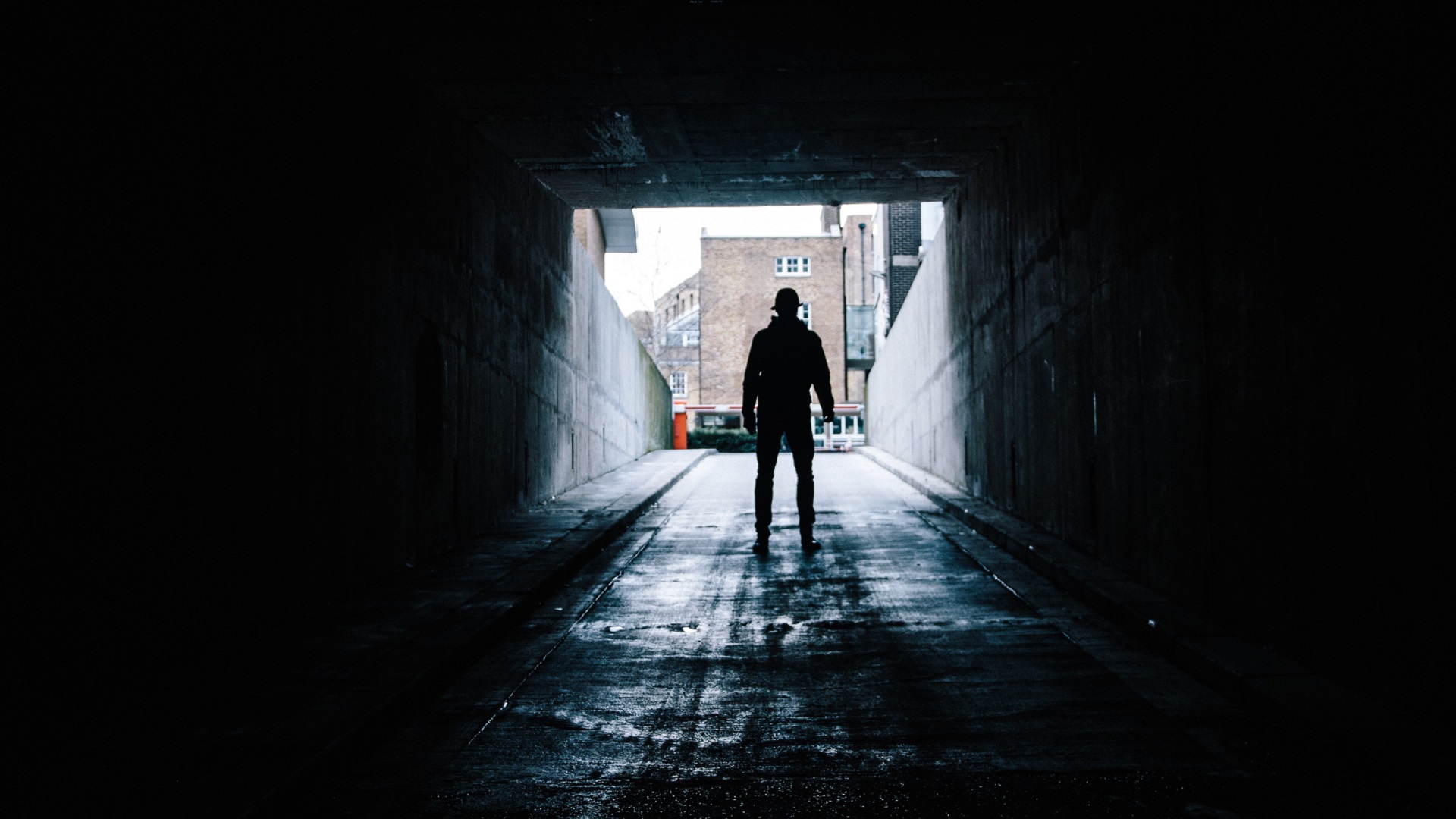LGBTQ+ people are twice as likely to experience hidden homelessness – yet you wouldn’t know it from official statistics.
That’s because most local authorities, national housing strategies and even some homelessness charities don’t collect data on sexuality or gender identity. When young LGBTQ+ people are made homeless, too often they disappear into the cracks of sofa-surfing, hidden exploitation and temporary housing that isn’t safe – or simply doesn’t ask the right questions.
- ‘We want people to feel welcome’: Inside the UK’s only homeless shelter for trans people
- Yes, LGBTQ+ Pride still matters. A lot. Here’s the many, many reasons why
- As progress marches on, young LGBT+ people need help to avoid being left behind
At akt, we support LGBTQ+ young people aged 16–25 who are homeless or at risk. Over half of those we work with have been forced out by their own families; not because of drugs, crime or school exclusion, but because of who they are. Yet this crucial driver of youth homelessness goes largely unrecorded.
Our new research, commissioned by akt and conducted by the University of Kent, found that 64% of LGBTQ+ young people had experienced parental rejection, abuse or violence. 59% had to hide their identity to stay housed. 50% faced discrimination when trying to access support. These are not niche issues – they are clear patterns that demand a response.
But how can we expect services to respond when the data doesn’t even acknowledge that these young people exist?
When official statistics fail to record whether someone is LGBTQ+, the specific nature of their homelessness, and the support they need, is erased. That lack of visibility translates into underfunding, inadequate service provision, and a dangerous assumption that all youth homelessness is the same. It isn’t.





